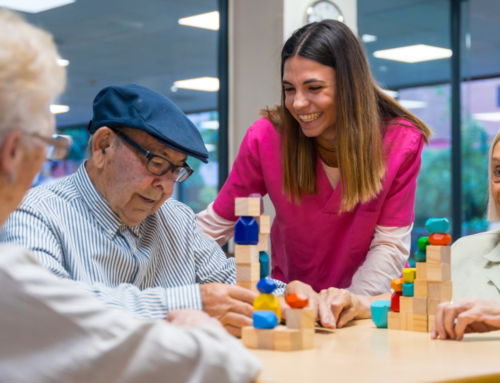Share This Story!
What Is A Stroke?
A stroke occurs when the vessels that supply the brain with blood get blocked or burst. Even though the brain is a small part of the body, the organ uses up 20% of the oxygen a person breathes. When blood flow gets blocked, brain cells can become damaged in minutes without oxygen. Stroke treatment begins as soon as an emergency medical team arrives on the scene. Recovery, however, can take a long time, especially in older adults. In some cases, speech therapy may help.
Understanding treatment
If a patient receives care for a stroke immediately, treatment may involve a clot-busting drug to break up blood clots. This can significantly improve the chances of a full recovery. In other cases, patients might need surgery to stop the bleeding in the brain. People who have had one stroke have a higher chance of having another stroke. Because of this, addressing any underlying conditions, such as diabetes, high blood pressure, or high cholesterol, is crucial for stroke treatment.
Rehabilitation options
For some patients, recovery from stroke will require a stay at a rehabilitation facility. Recovery might focus on building physical strength, improving function in daily activities, or recovering speech abilities. Occupational therapy, for example, helps patients with improving function in everyday tasks, such as eating, tying shoes, bathing, or dressing. In cases where speech has been impaired, speech therapy is a useful option.
What happens in speech therapy?
If the stroke occurs in an area of the brain responsible for speech or language, the result may be something called aphasia. Aphasia affects a person’s ability to speak, read, write, listen, and understand. Speech-language pathologists can use a variety of techniques to help people improve speech and language skills after a stroke. These strategies might involve working one-on-one or in a group, setting to improve conversation skills.
What can I do for my loved one?
A speech-language pathologist can also help loved ones find resources to support a stroke survivor is recovering well. Some mobile apps may help patients re-learn speech sounds. Notecards, pictures or a pad and paper are often used during speech therapy as tools to help patients communicate better. Try to be patient and avoid interrupting. Consistently include loved ones in conversation, even if the conversation is now slower than usual. Recovering after a stroke takes time, but patience can lead to significant progress. For more information about stroke recovery, speak with a healthcare provider.





